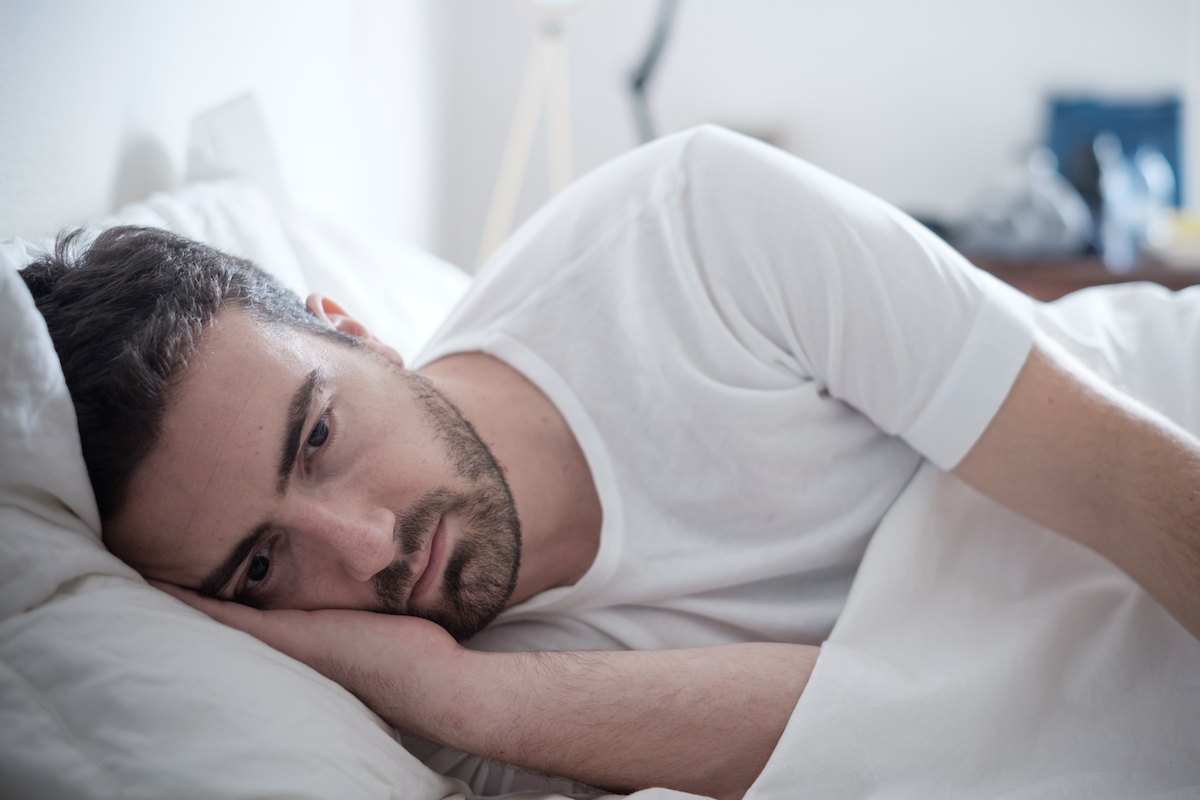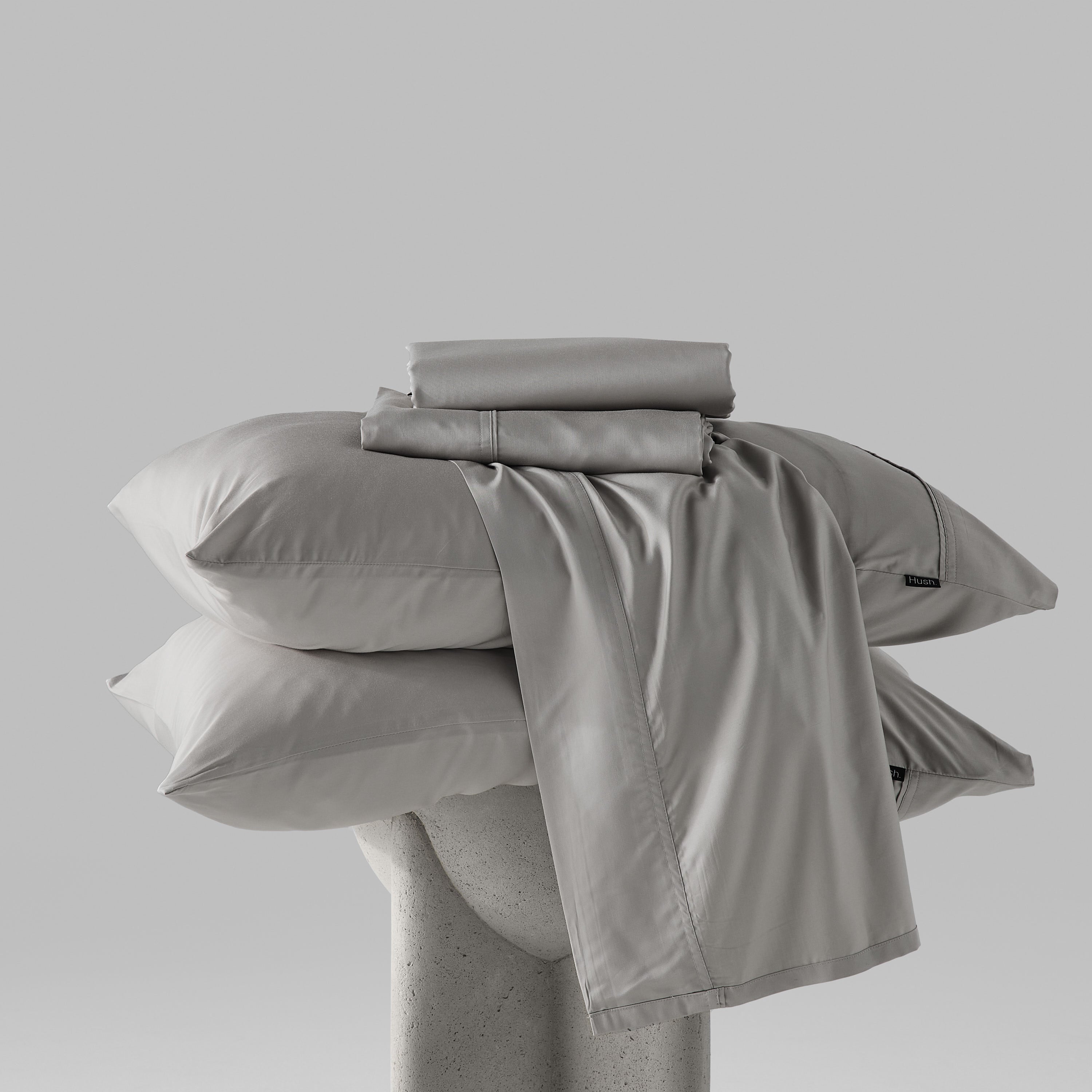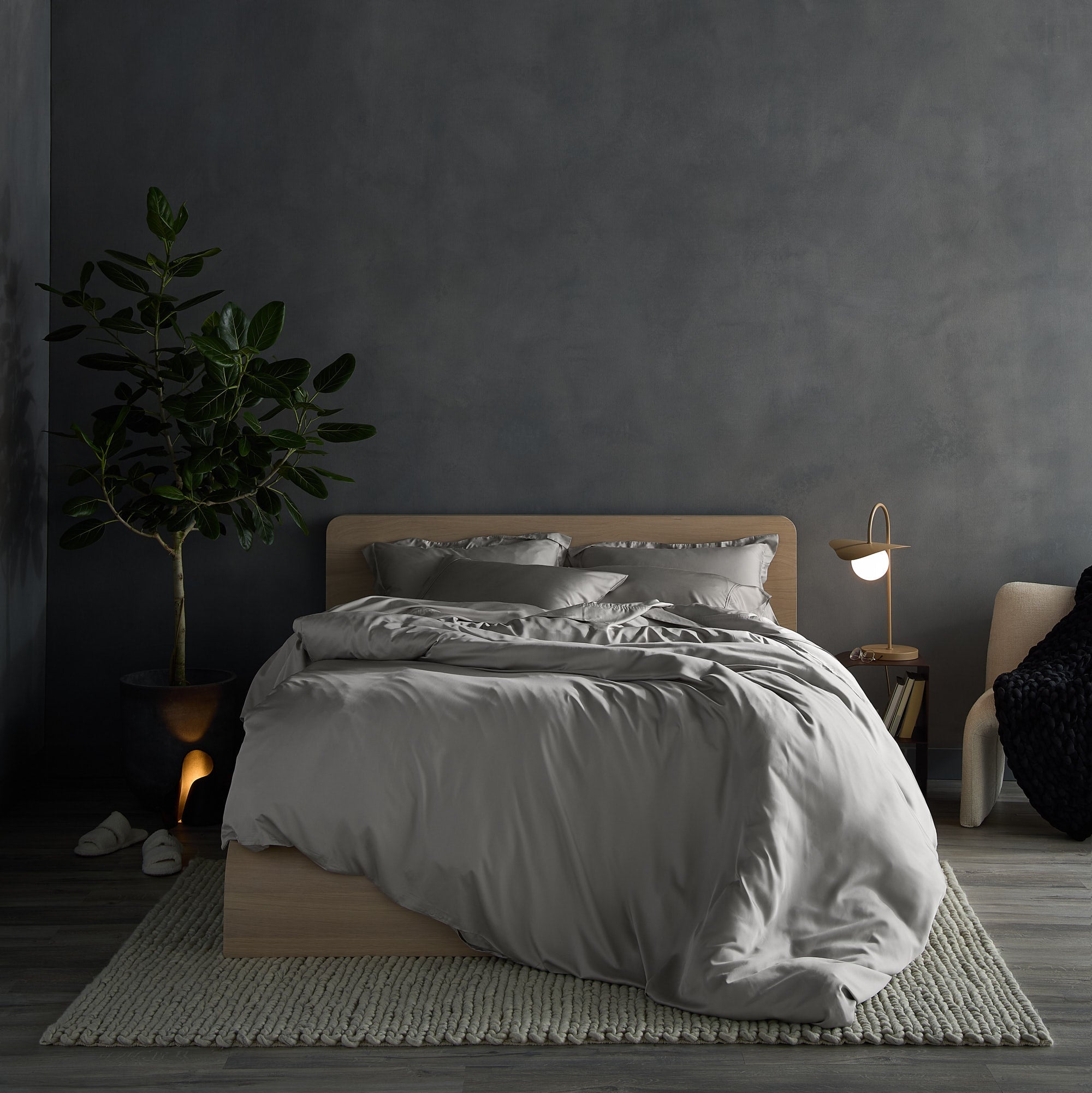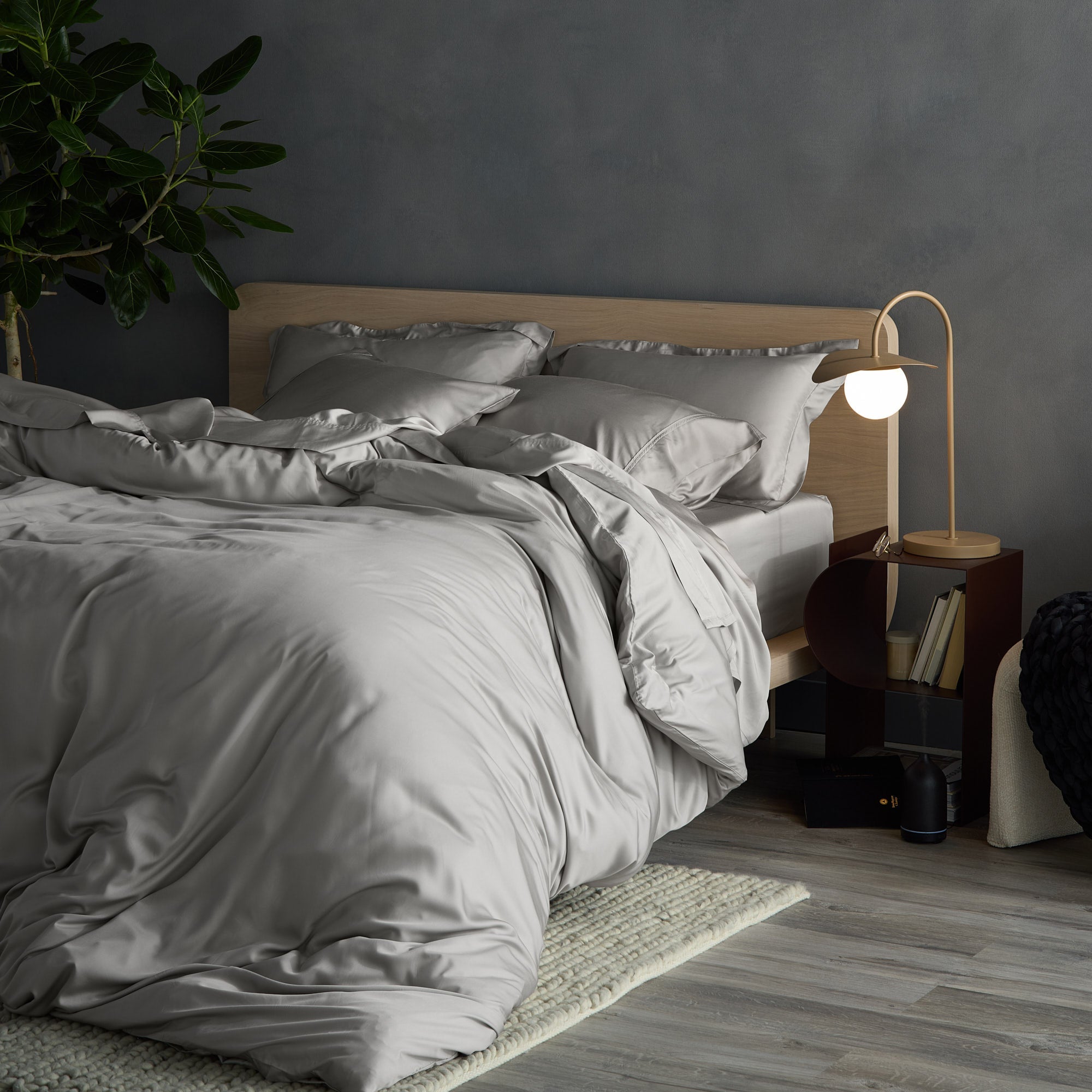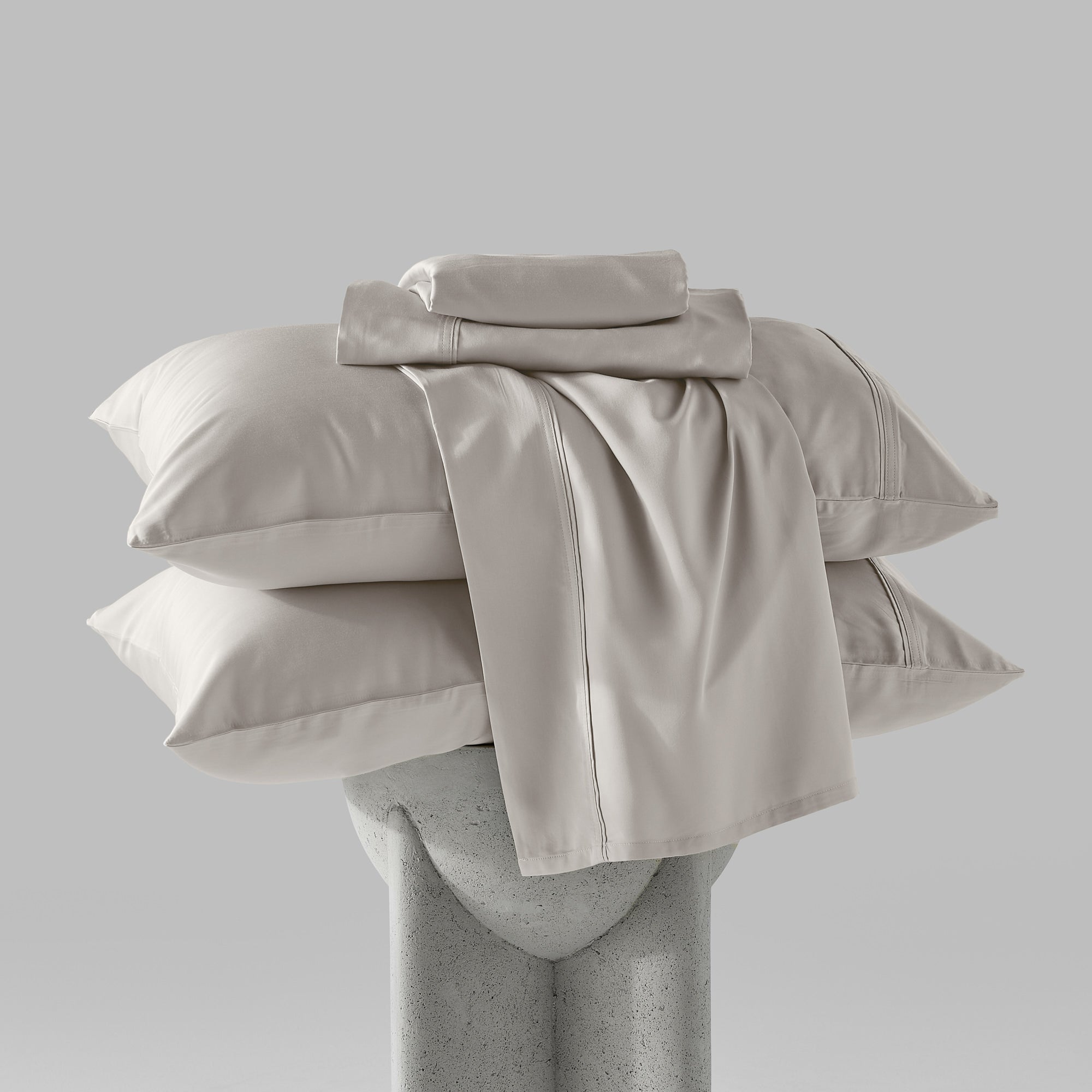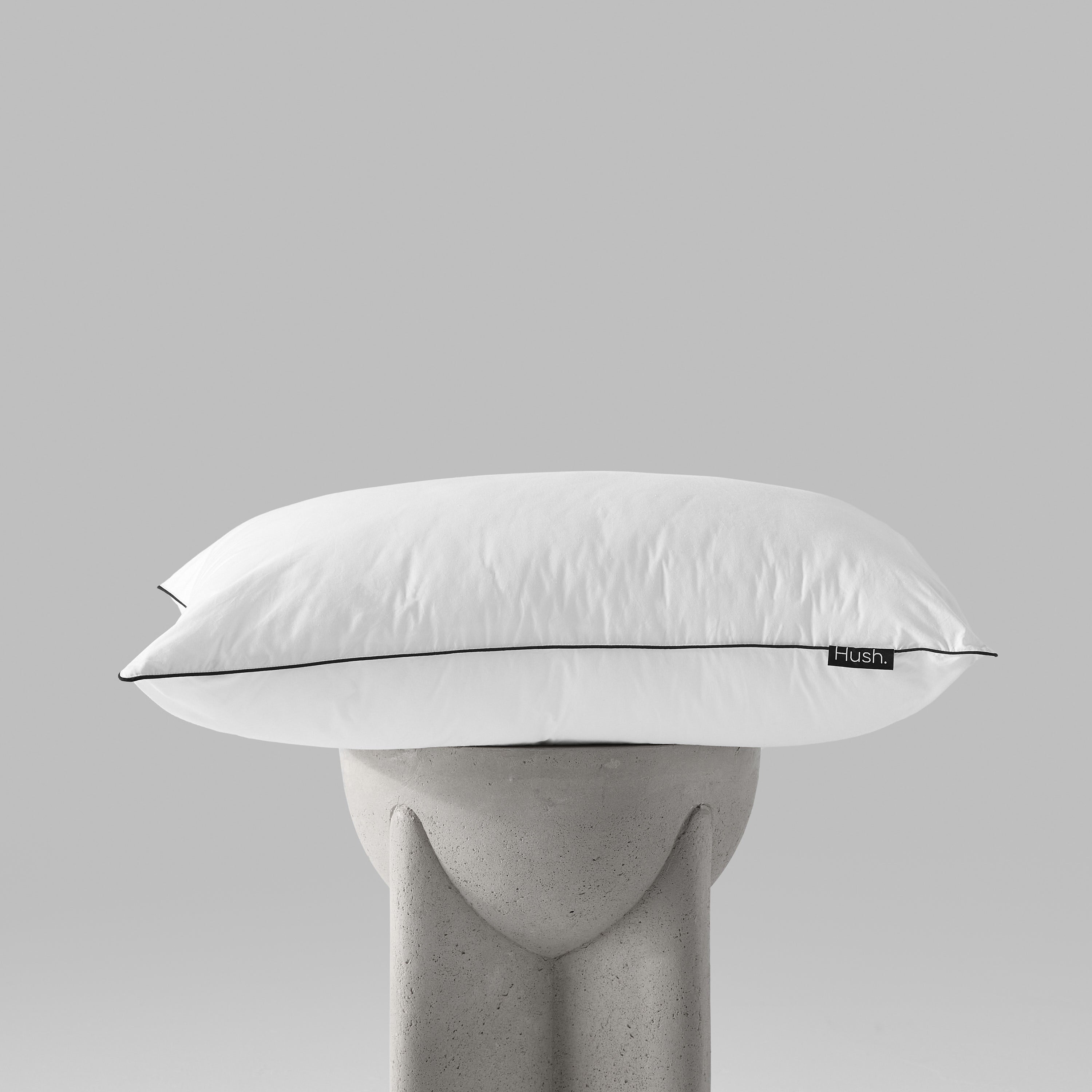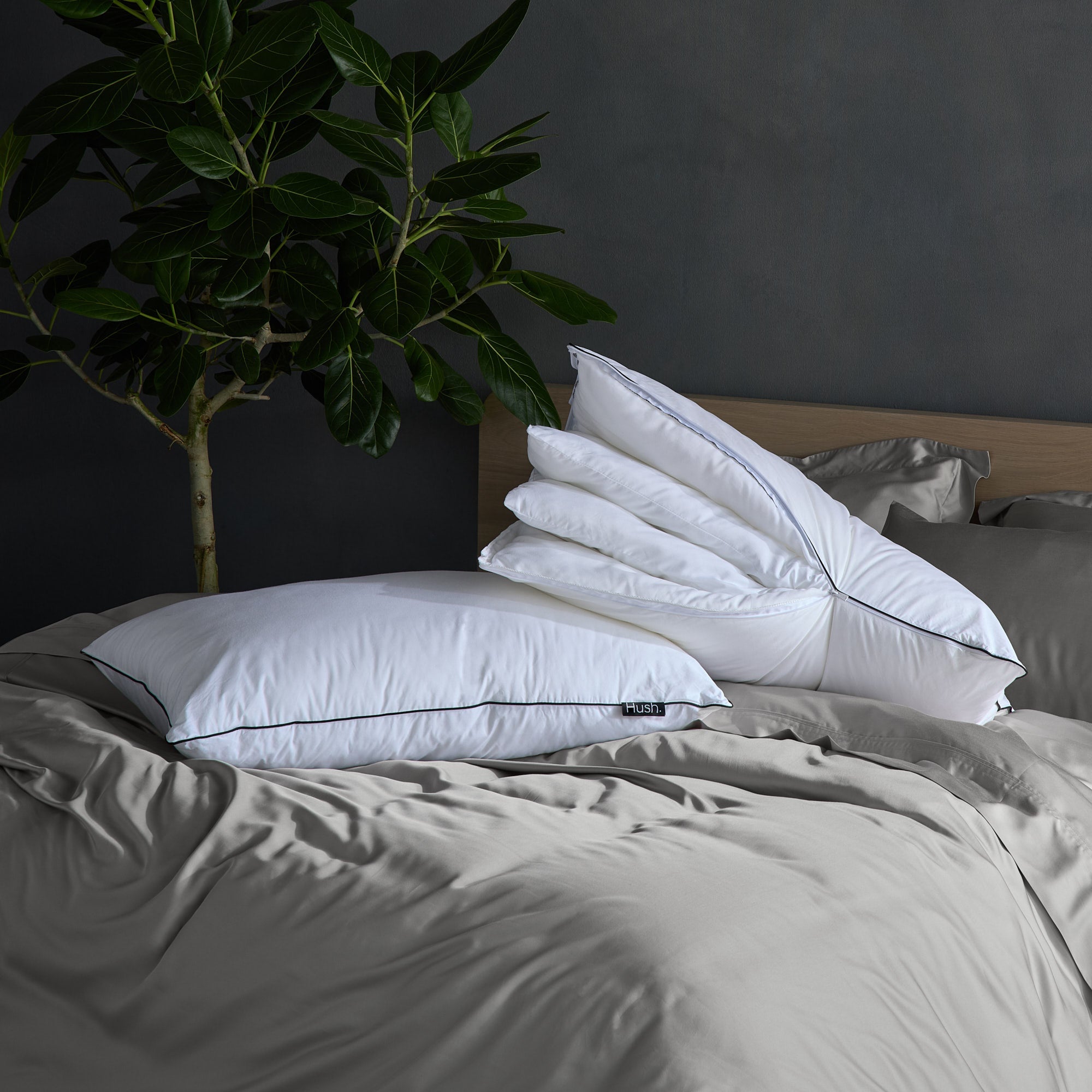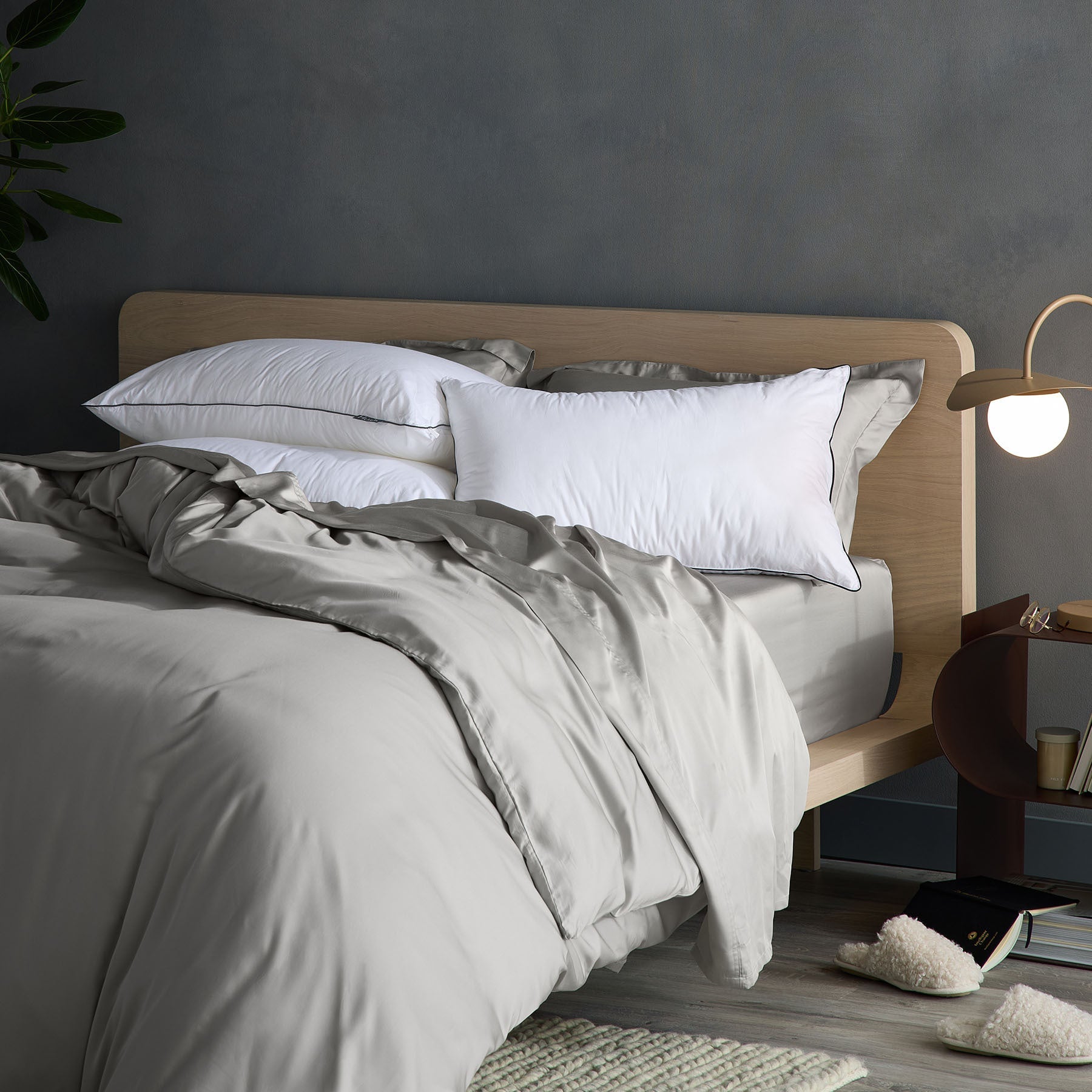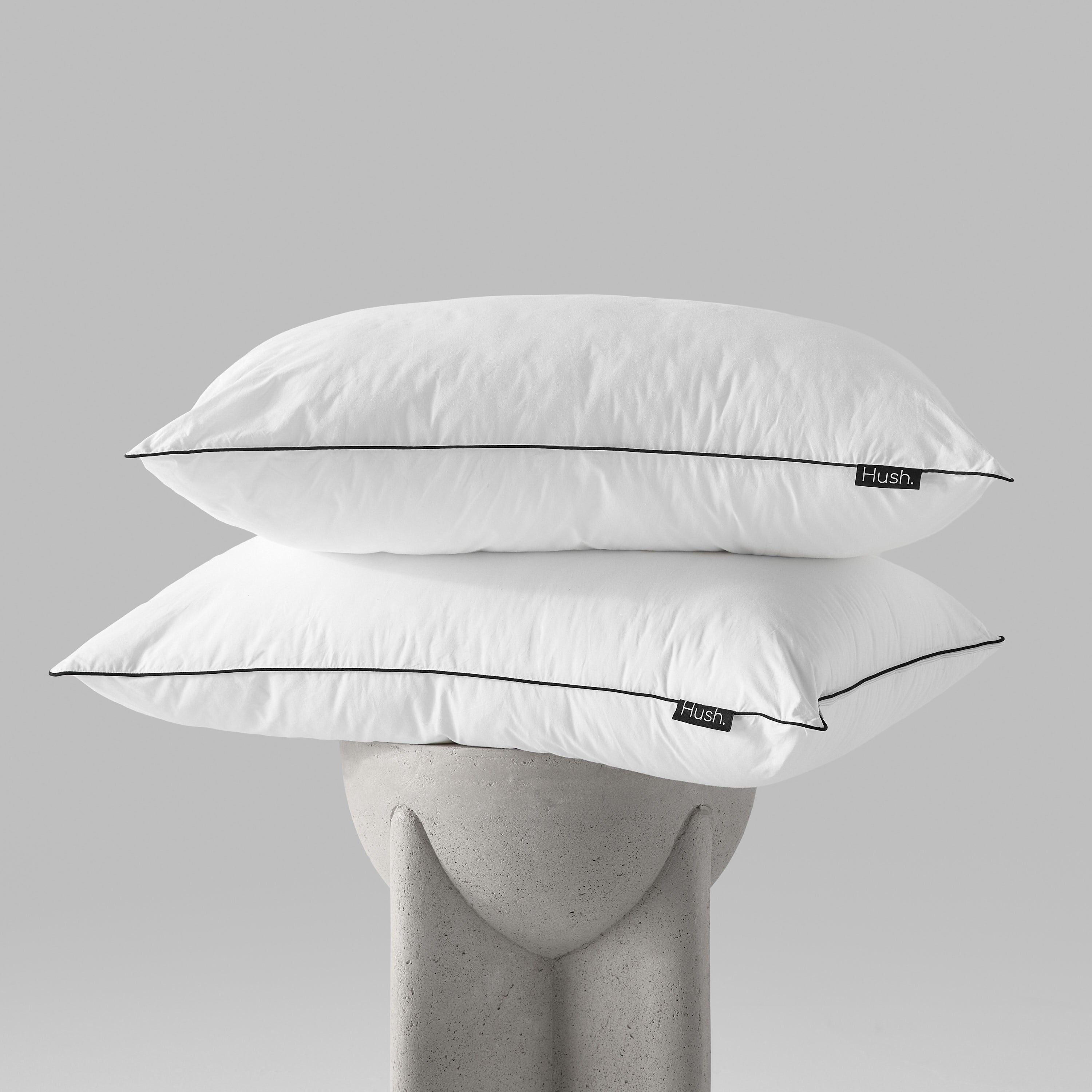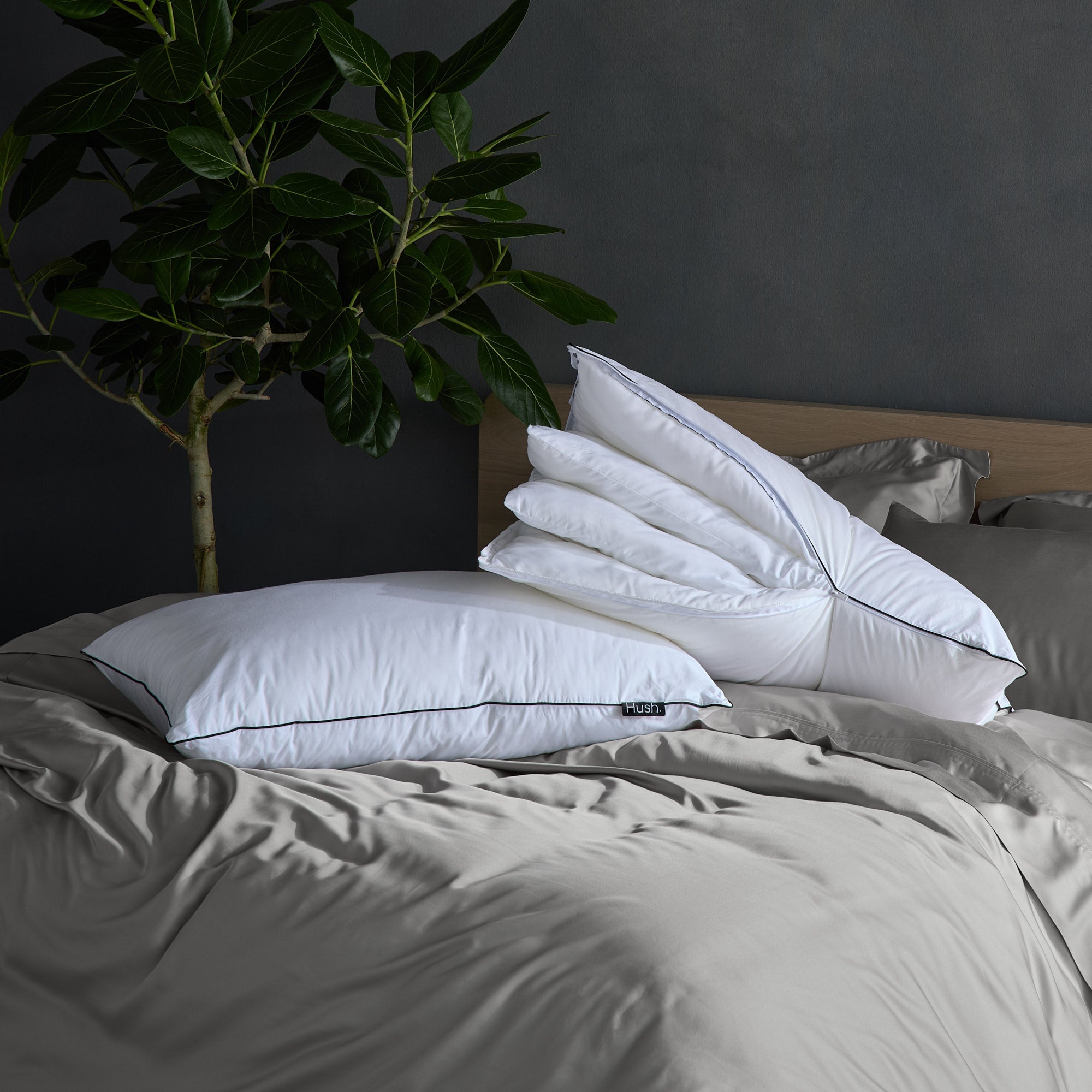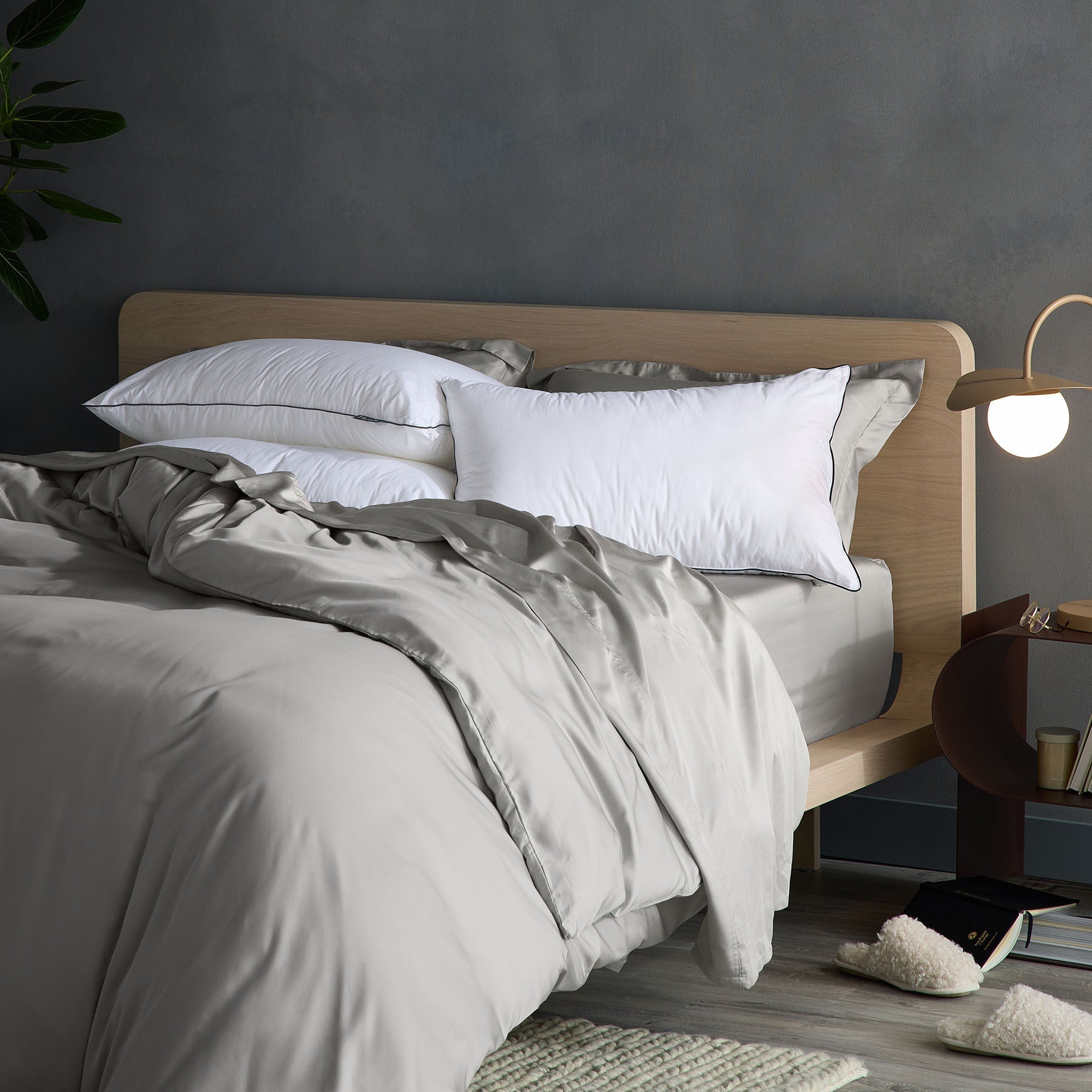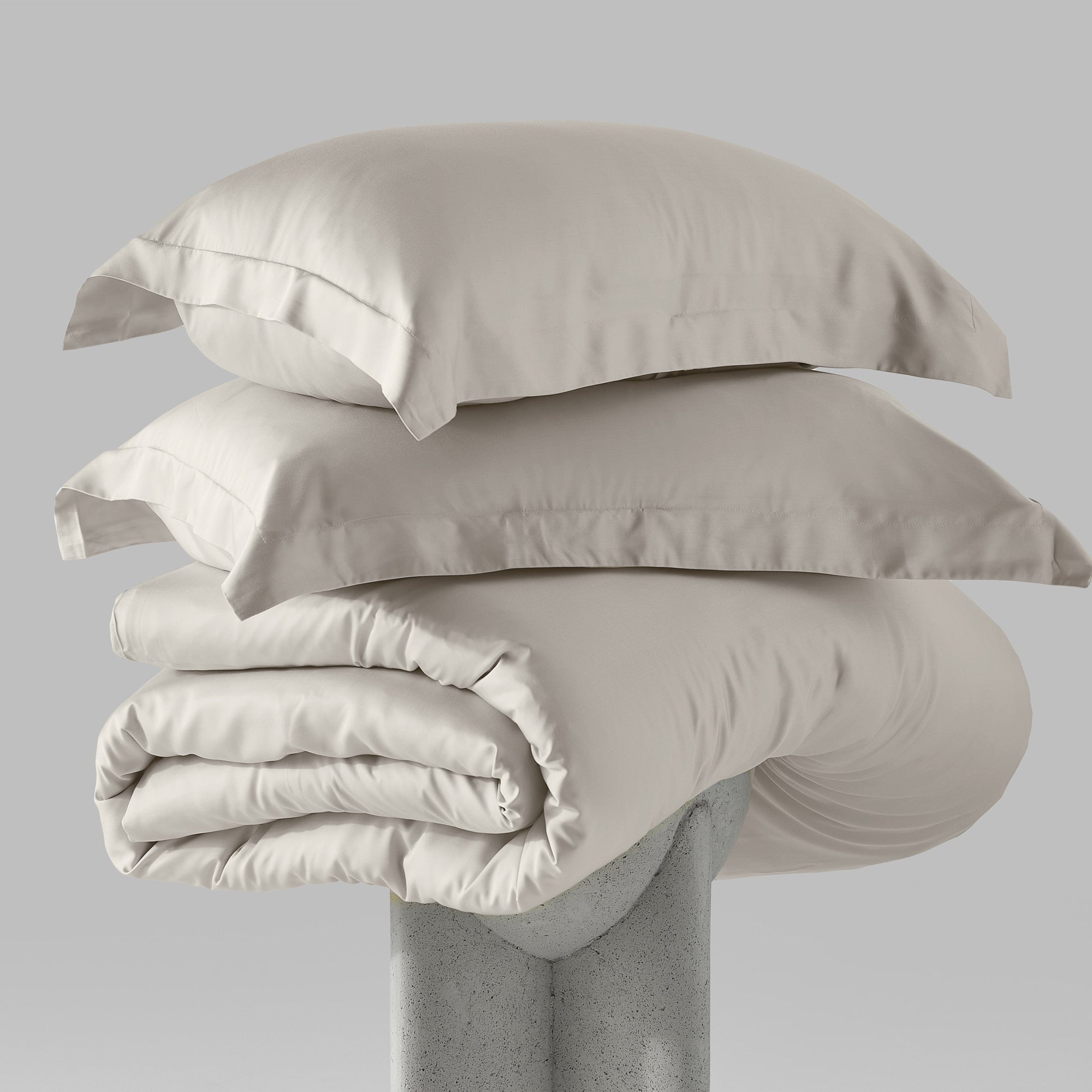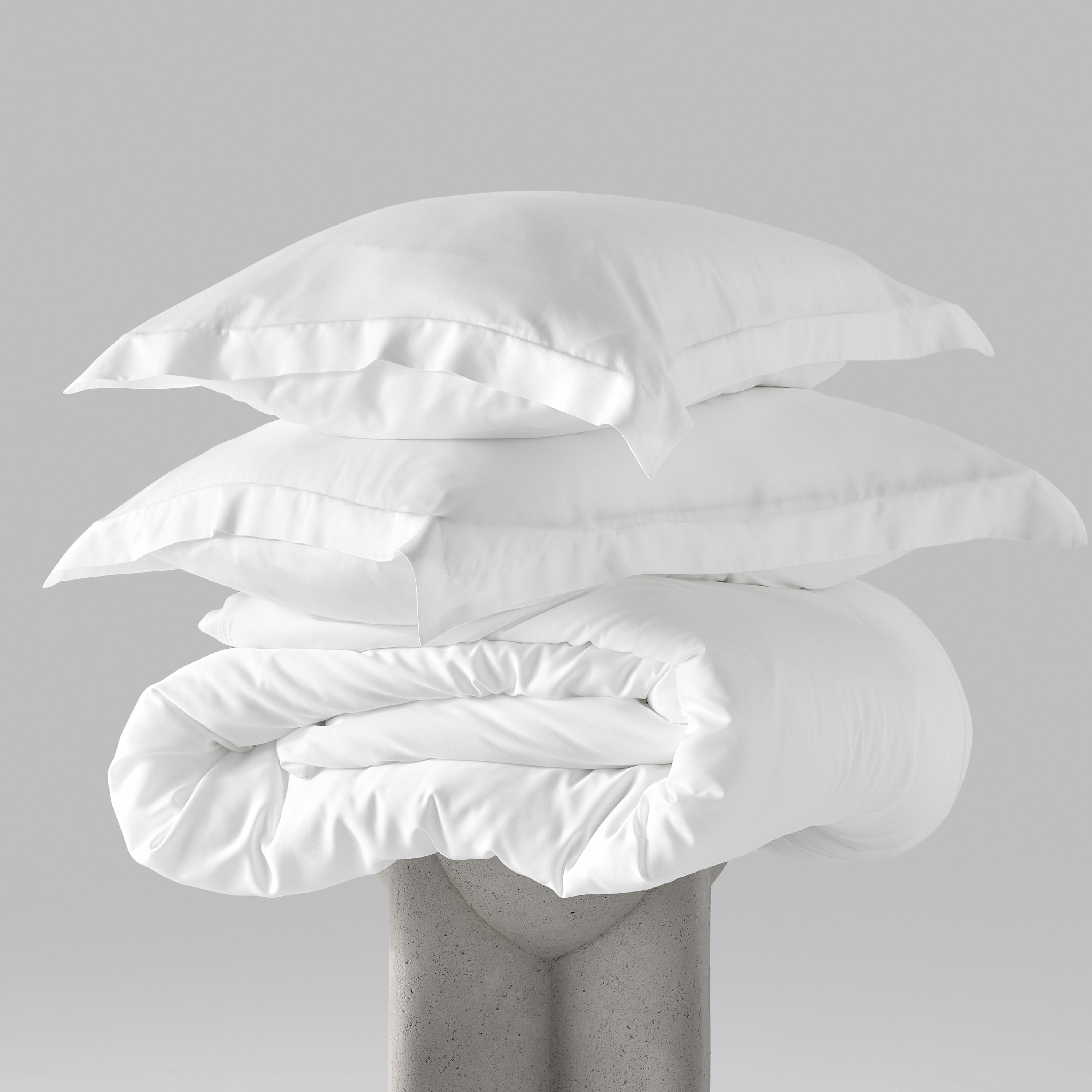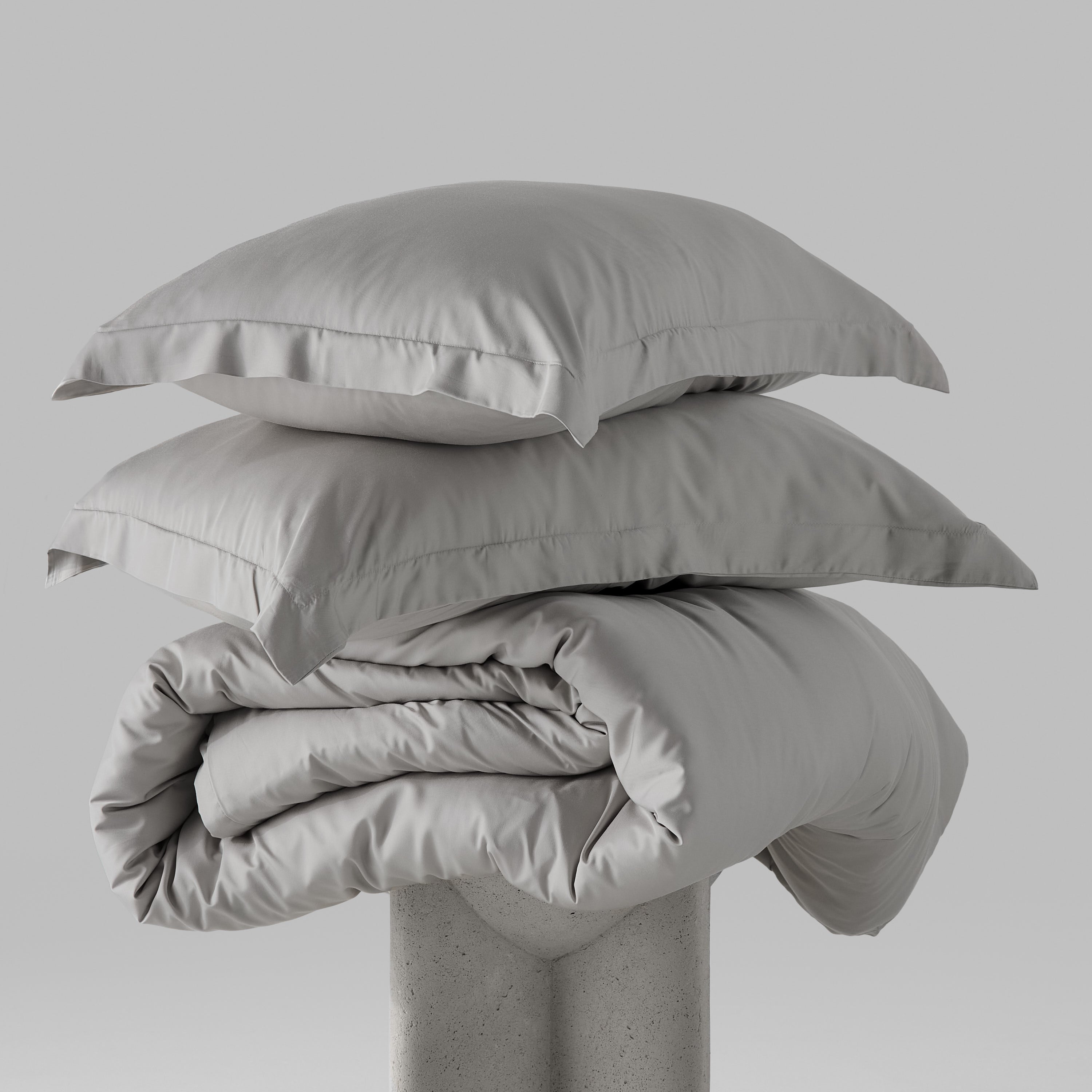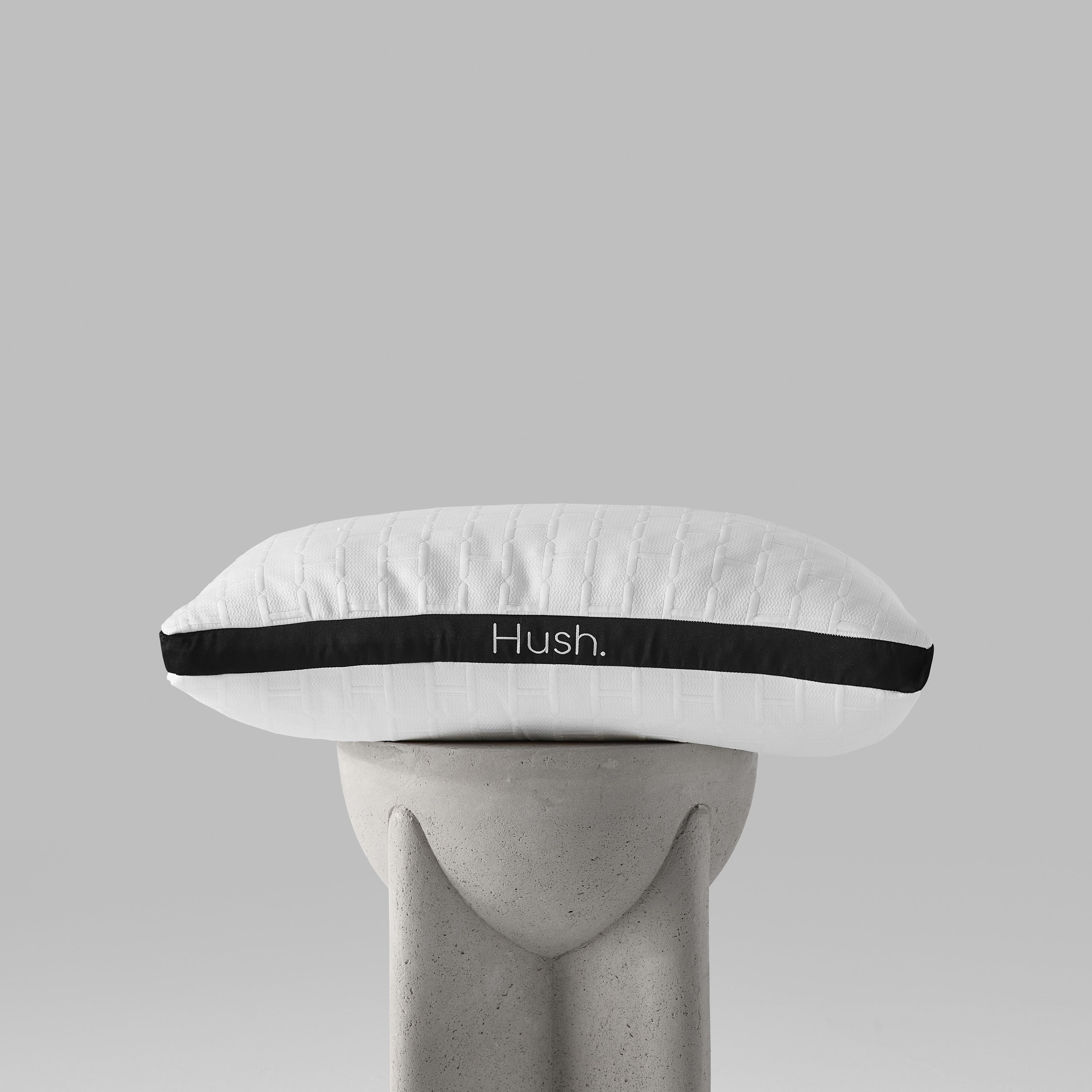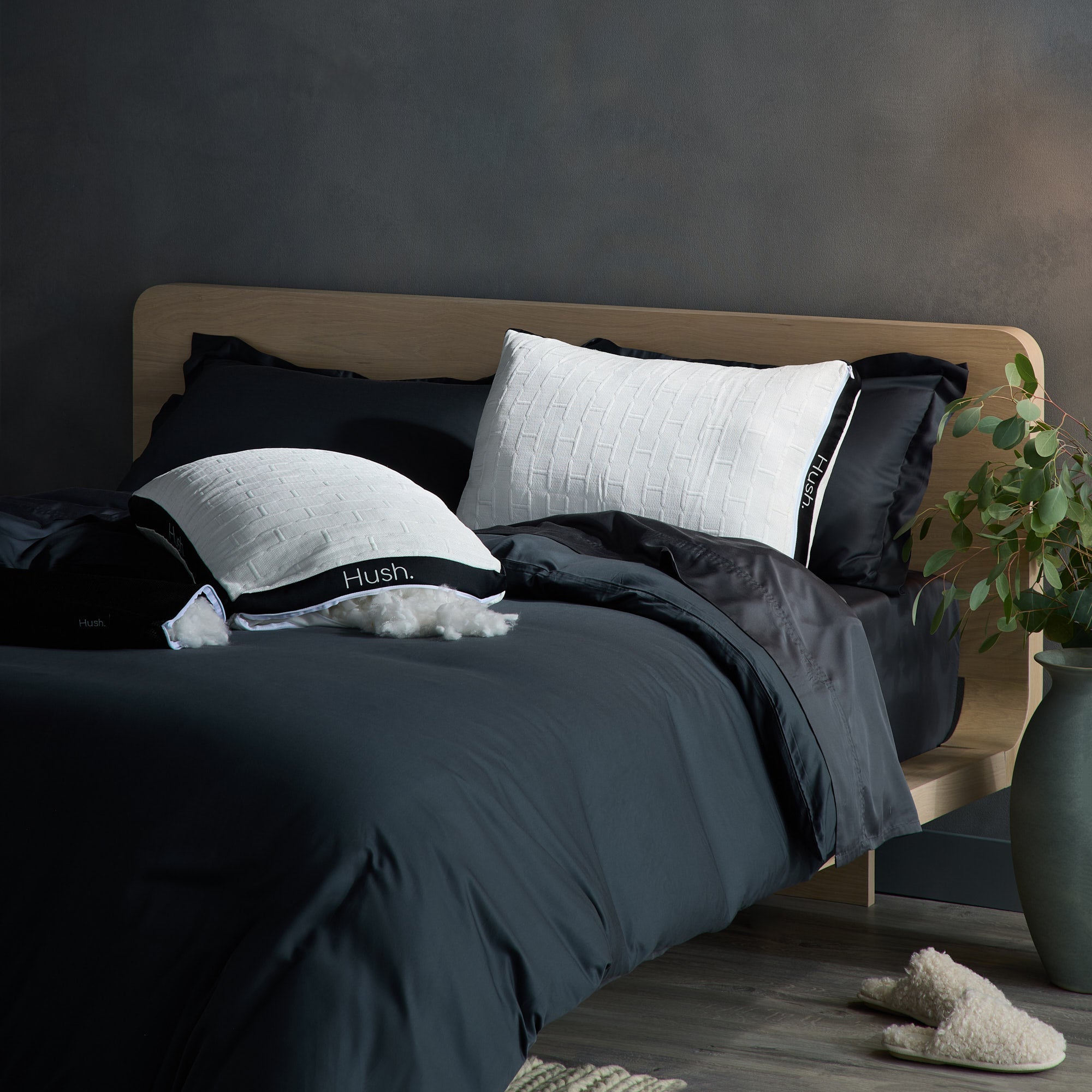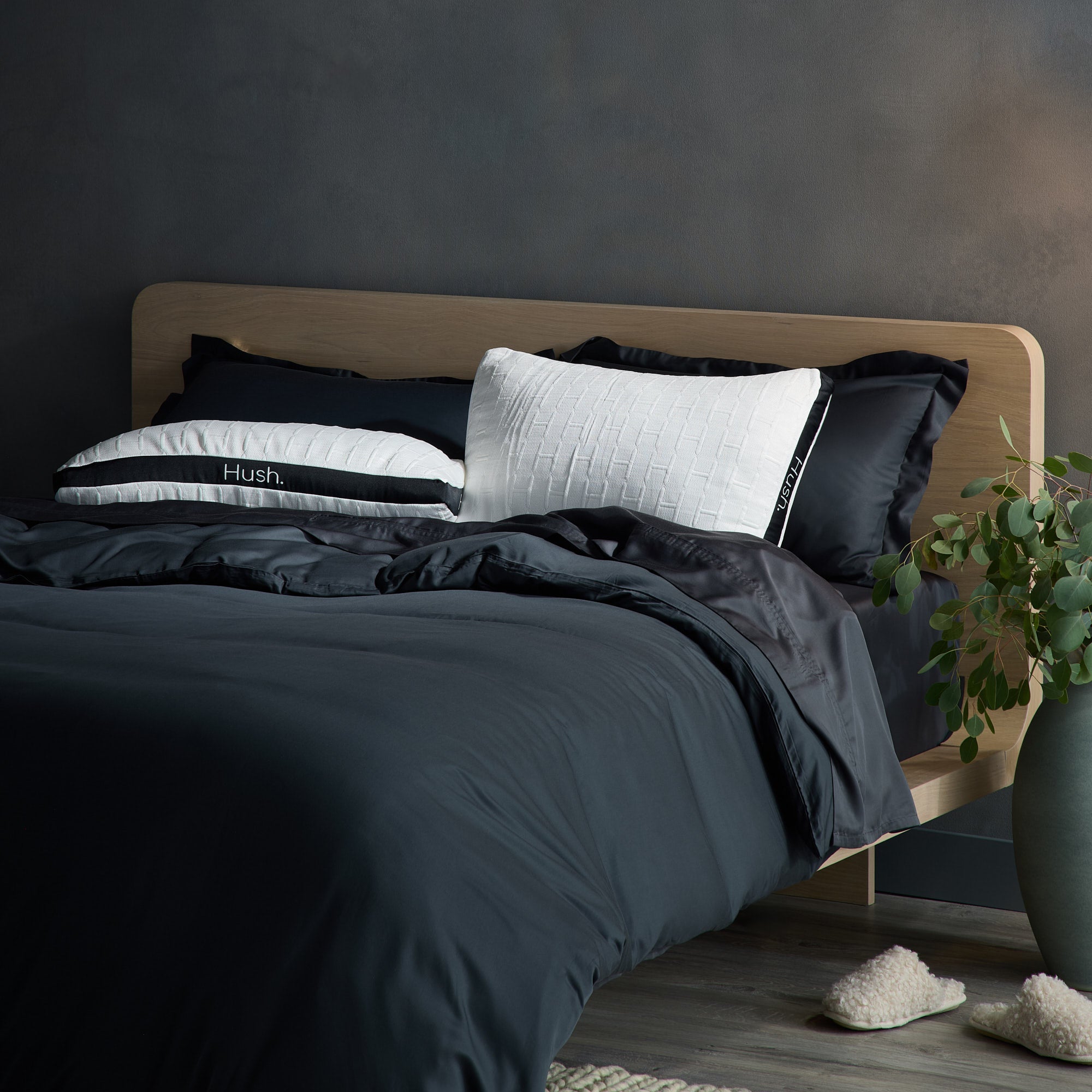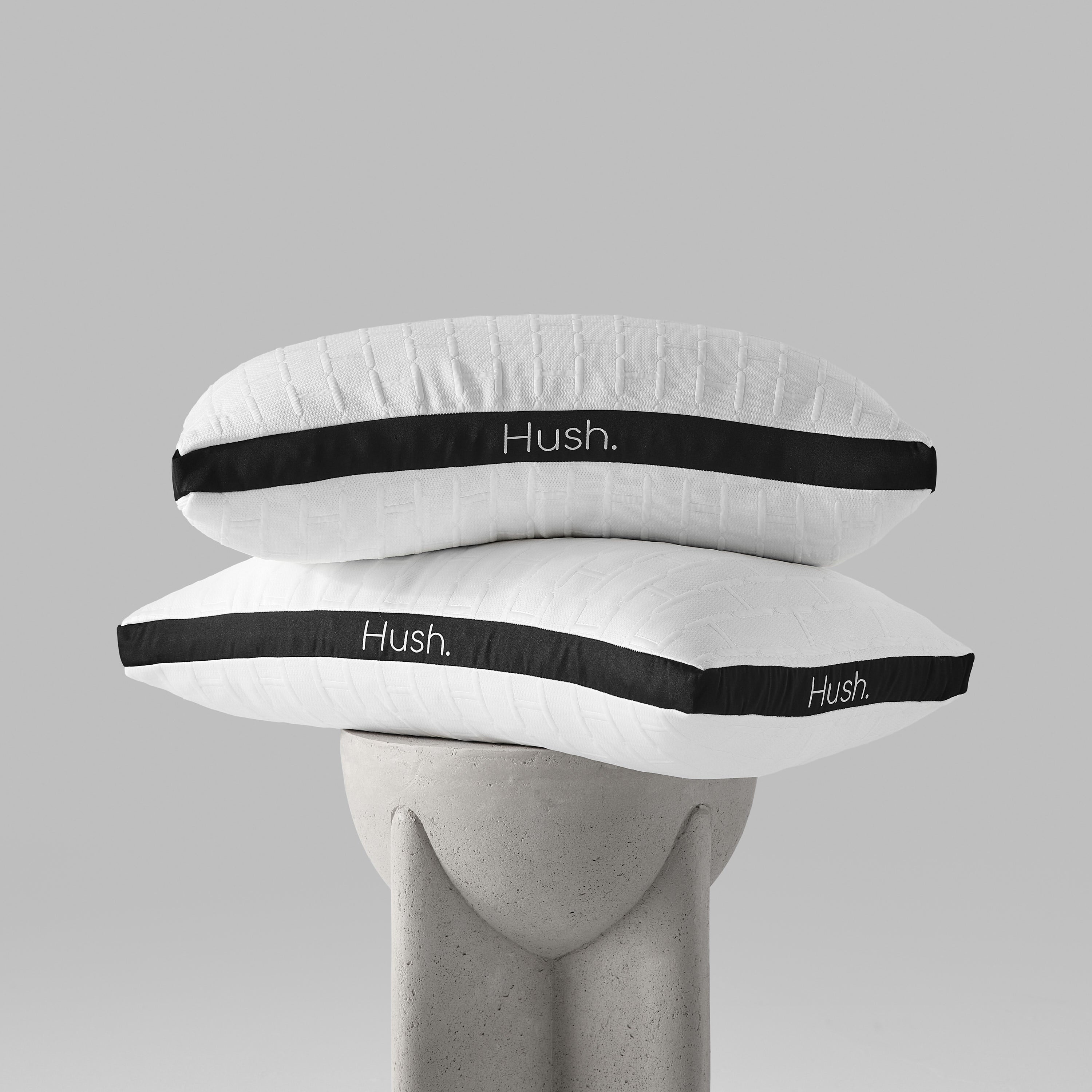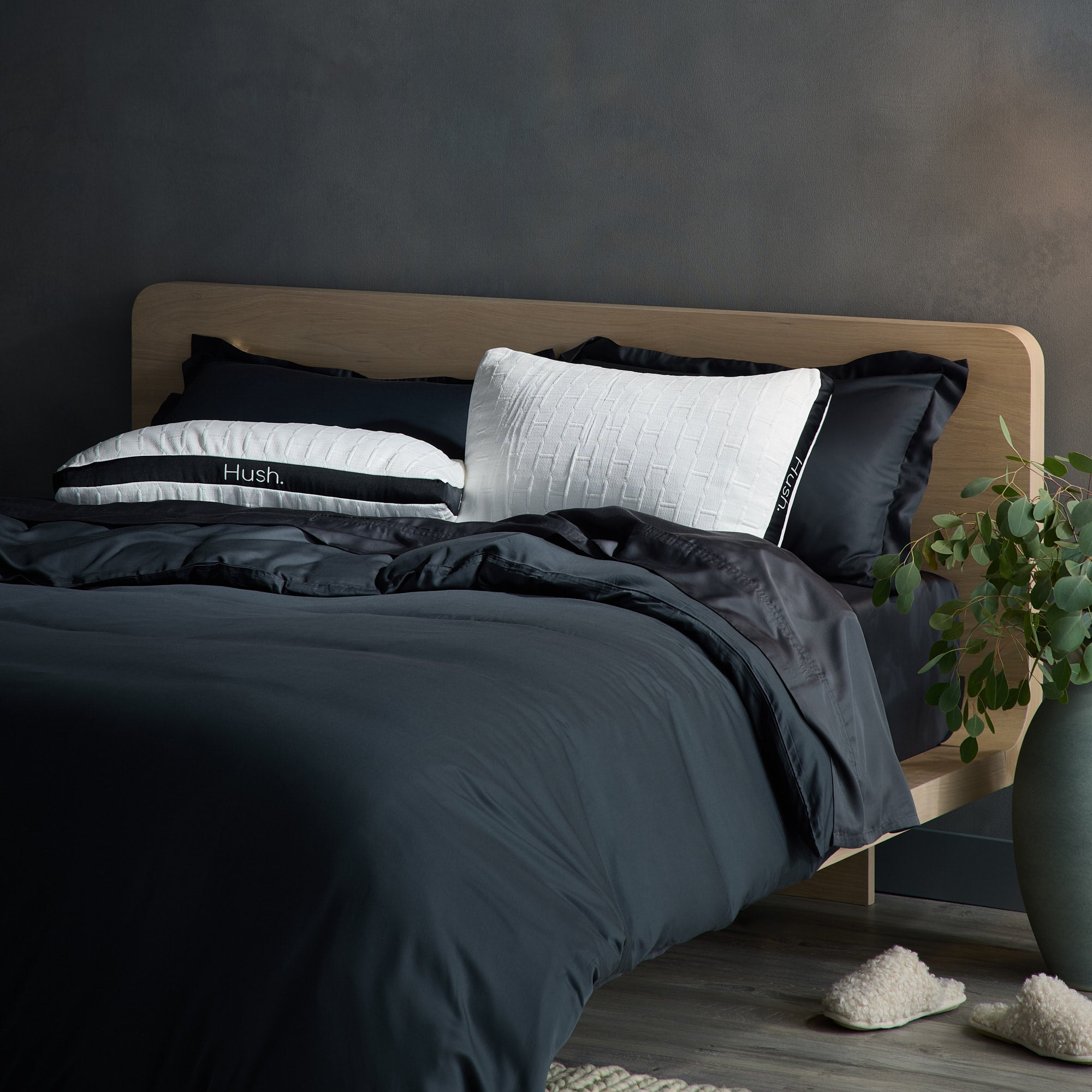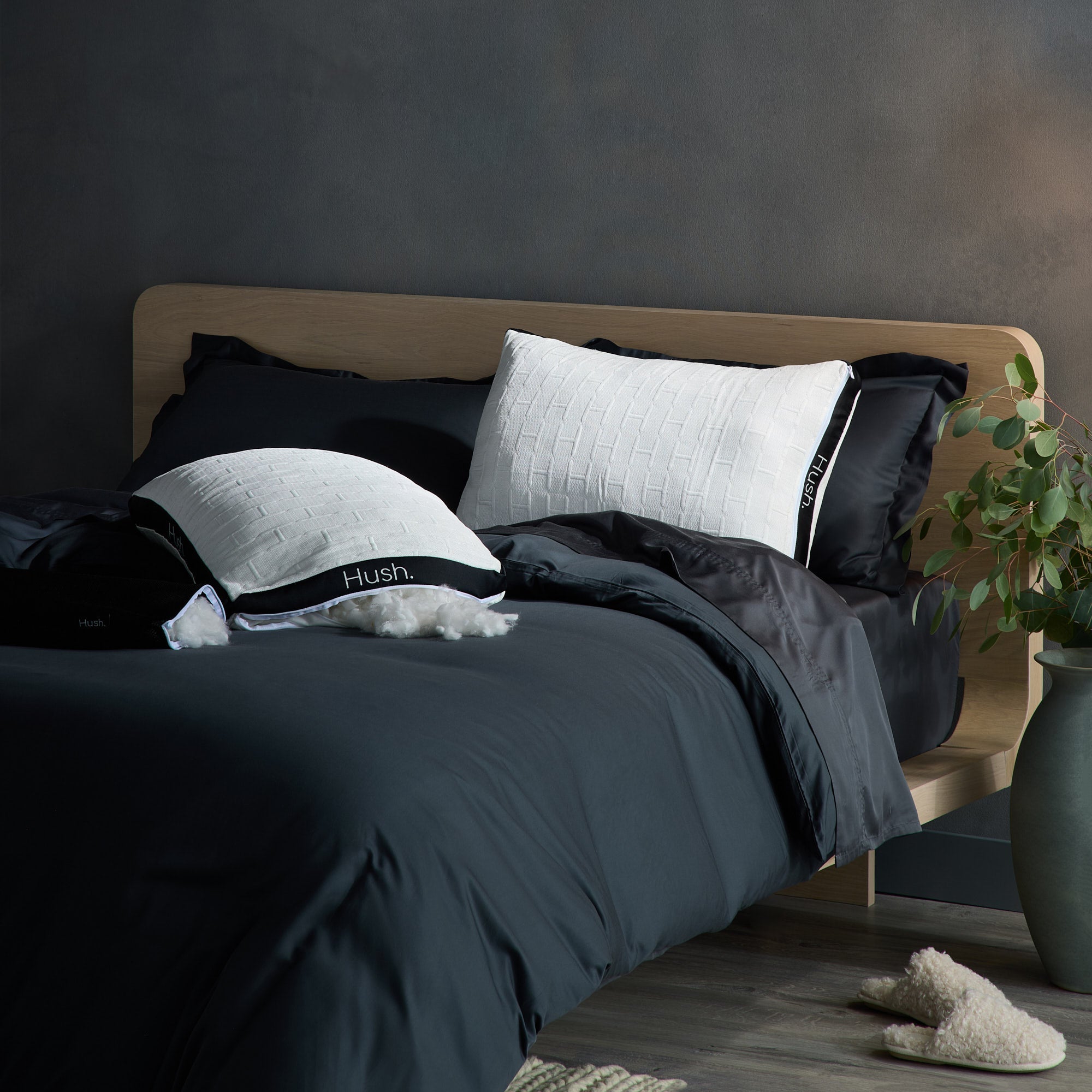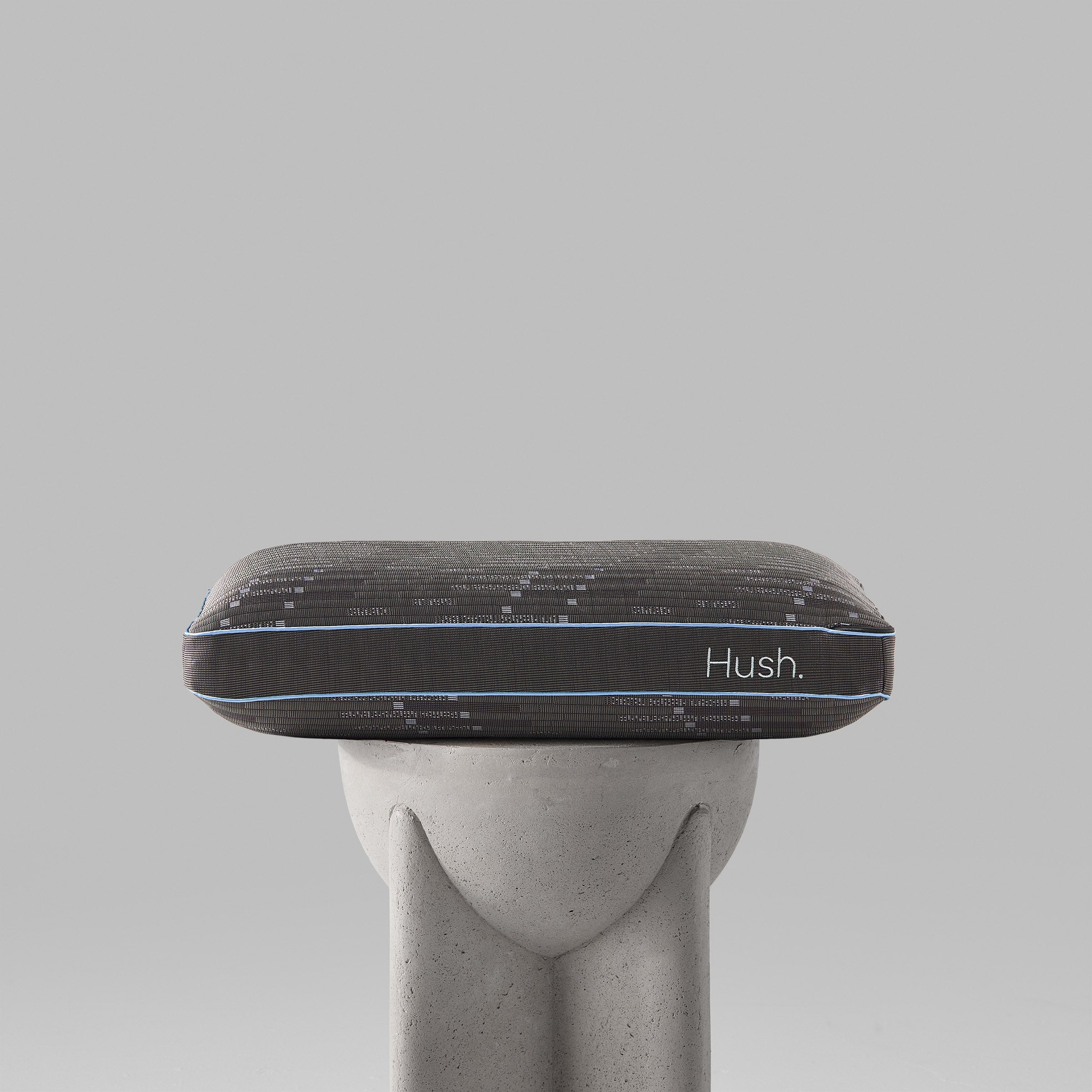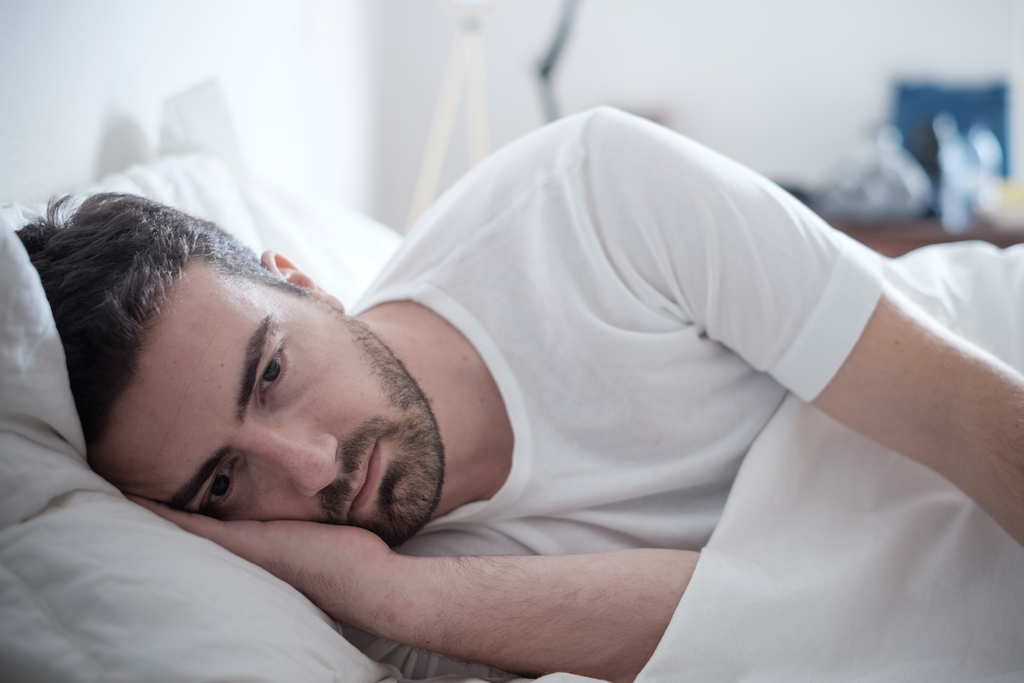
Feeling stress is not always a bad thing. Stress can allow our bodies to be more productive or creative. It can help us handle difficult situations like unplanned meetings or tough conversations. However, too much stress can also lead to sleepless nights.
Most of the time our stress is short-term, lasting only a night to a week or so. Sometimes, though, our stress isn’t temporary. It takes up space and lasts for several days or weeks. When that happens, it becomes more difficult to stick to normal routines and healthy habits. Plus, it may be more difficult to fall asleep.
Learning how to sleep when stressed is important not only because sleep is essential for overall wellness. Good quality sleep can also help alleviate stress and break the cycle. Here, we’ll discuss the effects of stress on our bodies and tips for how to sleep when stressed.
What Happens to Our Bodies When We Are Stressed?

Before we get into how to sleep when stressed, it’s important to know the effects of stress on your body.
When you become stressed, your body unleashes a flood of chemicals into your bloodstream. Those chemicals, adrenaline and cortisol, cause a chain of physical responses, including:
- Faster heart rate
- Higher blood pressure
- Muscle tension
- Faster breathing
- Heightened senses
Small doses of stress are normal, and our bodies can handle them. After the stressful incident, your adrenaline and cortisol levels go back to normal, and so do you. Sometimes, though, stress becomes chronic, and your body can develop longer-term symptoms. According to The Cleveland Clinic, those symptoms can include
- Gut disruption (digestion issues)
- Joint and muscle pain
- Heart and lung issues
- Skin conditions
- Mental health problems
- Immune system disruptions
- Anxiety disorders
To reduce stress symptoms, it’s important to make sure your body gets the rest it needs. However, stress can also disrupt sleep.
How Stress Disrupts Sleep

The link between stress and sleep disruption is strong.
Cortisol, the stress chemical, can disrupt sleep by keeping your body on high alert. When you’re in this state, you may have a more difficult time settling into sleep or staying asleep. To make the problem worse, the sleep quality you do get may be poorer, and that lack of sleep increases your stress the next day. If your problem continues, you can develop chronic insomnia.
You tend to get better quality sleep when you are fully relaxed. That deep sleep makes you feel rested and refreshed. Stress can affect the amount of “slow-wave sleep” you get, which can leave you feeling unrested, according to this article in Sleep.org.
Physical Stress Responses
The stress hormones cause physical responses in your body that can keep you from falling asleep. The thing is, with chronic stress, you may be so used to the physical sensations that you don’t even notice them when you’re trying to figure out how to sleep when stressed.
Physical stress responses that may keep you awake can include:
- Muscle tension
- Headaches
- Too hot or cool temperatures
Mental Stress Responses
Stress can also cause mental responses that disrupt your sleep. These include racing thoughts, nightmares, and dreading imagined worst-case scenarios. For example, you are leading an important work project and can’t stop thinking that you’ll mess it up, end up getting fired, and need to sell your home.
Learning how to sleep when stressed can help ensure you’re rested and recharged the next day. Plus, good quality sleep can help reduce your stress.
How Sleep Helps Stress

Sleep reduces stress by giving your body time to relax and recharge. Just one or two hours of sleep less than you need can increase your stress levels.
According to the American Psychological Association, adults who sleep at least eight hours a night report lower feelings of stress the next day.
Deep sleep also allows your body to repair itself. It also gives it a chance to reset, so your hormone levels can stay in balance. When you get a good night's sleep, you give your body the time it needs to regulate all of your systems.
How to Sleep When Stressed

Now that we’ve reviewed how stress and sleep are related, you’re probably wondering about how to sleep when stressed. Here are a few ideas that work to soothe your body and your mind, so you can sleep better.
Weighted Blanket
A weighted blanket works by using deep pressure stimulation. The added weight of the blanket on your body causes your breathing to slow. Then, your deep breaths cause your heart rate to slow. That deeper breath and slower heart rate stimulate the brain to release serotonin, the relaxation chemical, so you feel relaxed, your nervous system is soothed, and your body can drift into sleep.
Another benefit of using a weighted blanket to help you fall asleep if you’re stressed is that your serotonin and cortisol levels cannot both be elevated at the same time. By increasing your serotonin, you decrease cortisol, so you’ll feel less stressed.
Weighted blankets also help you get more deep sleep. If you often wake up during the night because of stress, this is important. Getting more deep sleep means you’ll tend to sleep through the night and feel well rested more often.
Progressive Muscle Relaxation
Progressive muscle relaxation technique is the conscious and systematic tensing and relaxing of your muscles to get to a more deeply relaxed state. It can help relieve stress at any time, but it can be particularly helpful for helping you fall asleep.
To do it, get into your favorite sleeping position. Then, starting with your feet, consciously tense your muscles for a few seconds or breaths and release them. Move on to your calves and do the same thing. Keep going until you’ve tensed and relaxed all the muscles in your body.
When you’re finished, you should feel more relaxed and able to rest.
Take a Hot Shower or Bath
A hot shower or bath reduces stress by helping you start the relaxation response in your muscles. In order to fight or flee from predators, stress caused our ancestors' muscles to get tight and ready for action.
That’s why chronic stress can keep muscles tight, even when we don’t want them to be. The hot water from a steamy shower or bath can help by encouraging your muscles to loosen. Once your body is relaxed, your brain more easily follows and you can drift off to sleep.
A hot shower can also elevate your body temperature for a while. For some people, that elevated temperature makes them drowsy, so taking a hot bath right before bed helps them drift off to sleep.
Counting Backward

Counting backward is the grown-up version of counting sheep. If counting sheep is still your go-to solution for how to sleep when stressed, keep doing it! But sometimes the forward counting doesn’t work anymore. As adults, we get distracted by our thoughts and before we know it, we’re back on our worried thoughts cycle.
When you count backward from a high number (try 1,000), you keep your brain a little more engaged, so you don’t have a chance to get distracted. Instead, you get sleepy and drift off.
Brain Dump
When you brain dump, you write down all of the things you’re stressed about. This externalizes the thoughts so you don’t replay them on loop as often. In this way, you give yourself permission to stop worrying about them. It’s like your brain is saying, “You wrote it down. You won’t forget it later — you can sleep now.”
Read a Difficult or Boring Book
Reading a difficult or boring book is a great way to fall asleep when stressed.
Reading makes you focus on something other than what is causing you stress. Plus, the physical activity of reading can tire your eyes and make you feel sleepy. The distraction plus making your eyes tired makes it easier for you to fall asleep.
Just remember — reading a page-turner before bed will only keep you awake. Instead, try reading an old textbook or a book written in a style that is difficult for you to get into. You’ll be more likely to feel the effects and fall asleep faster with one of those options.
Practice Good Sleep Hygiene
Practicing good sleep hygiene is important for self-care all of the time, but it is critical when you’re trying to figure out how to sleep when stressed.
Our bodies love rhythms and routines. Keep up with your sleep hygiene practices. Some examples are:
- Turning off screens at least an hour before bed to eliminate blue light
- Reducing alcohol before bed
- Practicing deep breathing exercises
- Drinking herbal tea before bed
- Using an essential oils diffuser
- Comfortable room temperature (around 68℉ for most people)
- Using white noise or nature sounds to block out disruptive noises
By sticking to your sleep hygiene when you’re stressed, you give your body and brain a better chance of falling asleep. That’s because you’ve conditioned sleep to happen in a certain atmosphere.
Sleep Well Even When You’re Stressed

Stressors will always come. However, those stressors don't need to lead to chronic poor sleep, sleep disorders, or other health issues.
